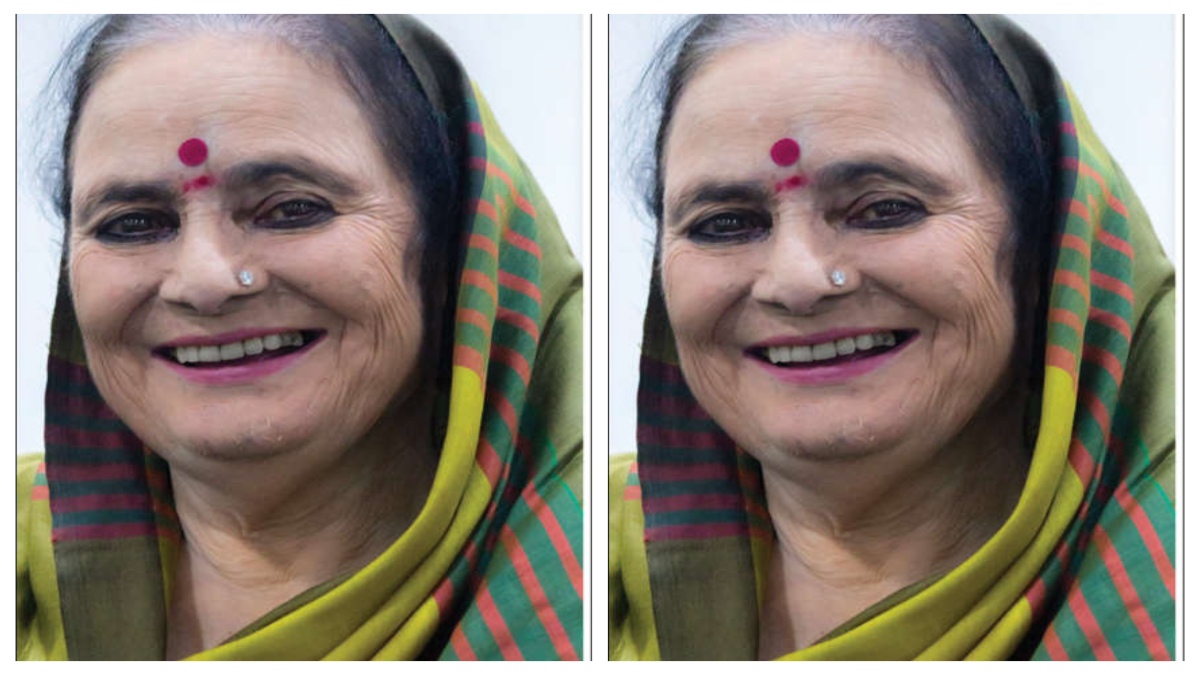


Padma Sachdev, who made her mark as a renowned and legendary poetess and writer in the Dogri literary world, passed away on 4 August 2021 at the age of 81. With exemplary contributions as a writer of poems and novels, she remarkably enriched Dogri literature. Her creative excellence earned her wide acceptability and appreciation amongst a large number of readers and lovers of literature.
Padma Sachdev worked in All India Radio, Jammu, as an announcer for some time. She also worked in All India Radio Delhi and Mumbai. Her first marriage was with the renowned Dogri poet Ved Pal Deep. Later she married Surinder Singh, a Hindustani vocalist, of the famous Singh Bandhu duo.
Her major works are Meri Kavita Mere Geet, Tavi Te Jhanaan, Nheriyan Galiyan, Pota Pota Nimbal, Uttar Vahini, Tainthian, Amrai, Diwankhana, ChitChete.
She wrote lyrics for a few Hindi films like Prem Parvat and Mera Chhota sa Ghar Baar. Lata Mangehkar also sang some of her Dogri songs. She wrote extensively in Hindi too.
Lovingly called as the Mother of Dogri literature as well as Dogri’s first woman modern poet, Padma was the eldest daughter of Sanskrit scholar Professor Jai Dev Badu. She was born in Purmandal-Jammu in 1940.
She received the Sahitya Akademi award in 1971 for her book of poetry ‘Meri Kavita, Mere Geet’. The Akademi also conferred on her its fellowship in 2019. She received the fourth highest Indian civilian award, Padma Shri in 2001. Kabir Samman for poetry for 2007-08 was given to her by Madhya Pradesh Government and she received Saraswati Samman for her autobiography Boond Bavari which was later translated by Uma Vasudev as ‘A Drop in the Ocean’.
Dogri, a rich and sweet language spoken by millions in the region of Jammu and Kashmir, Himachal Pradesh, and parts of Punjab is a member of the Indo Aryan group within the Indo-European languages and is one of the official languages of India.
Padma Sachdev chose to write in Dogri, her language, which came naturally to her and which was part of her existence and upbringing. She started writing very early in her life. Her first poem was published when she was just fifteen years old. She knit poems and lyrics which appealed immensely to her readers and listeners. They found in them the sweetness and nostalgia of their own culture and history.
Modern women writers have always faced the challenge of not being accepted in the world of literature. Achieving acceptance of their literary works as worthy and competent has been part of a long struggle for women. They have had it extremely hard in a patriarchal society, the world over.
Indian literature has however been enriched by women of great calibre. Mahadevi Verma, Subhadra Kumari Chauhan, Sarojini Naidu are just a few examples.
Women like Padma Sachdev chose their soulful aspirations above all odds and became forerunners in strengthening and evolving traditions that will enlighten and cleanse the paths of creativity for those who will follow. Women like her have stood up to all odds and have become beacons of light for other women who have the desire and passion to create treasures with thoughts and words.
Literature which gets its life from a region, its way of life, its flora and fauna, its rituals, its ambrosial shades, and images, has an inherent flavour that is food for the souls of its people. Padma Sachdev wrote poems and stories that had an intimate relationship with Dogra culture. Padma’s writings add an element that is a woman’s view of life, her experiences.
Padma Sachdev has made the Dogras proud. She has left behind lyrical and thought-provoking poetry. Her novels are an insight into the realities of life and its beautiful shades and flavours. She will live on in the hearts and minds of lovers of good and useful literature.